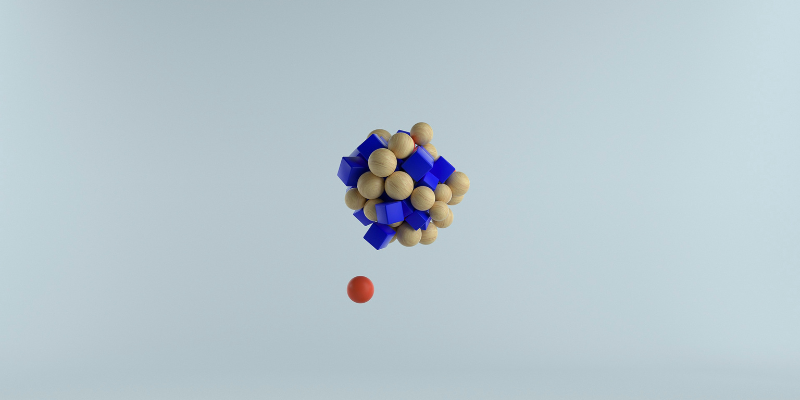Isomerization of poly(ethylene glycol) to rPEG: Non-immunogenic, biocompatible and non-crystalline polyethers
Prof. Dr. Holger Frey
Johannes Gutenberg-Universität Mainz
Polyethylene glycol (PEG) is the gold standard in pharmaceutical and nanomedicine applications based on its chemical inertness, biocompatibility, and unique stealth properties. PEGylation, the conjugation of poly(ethylene glycol) (PEG) to bioactive peptide drugs or nanocarriers, is a key strategy in nanomedicine. However, recent studies have demonstrated that PEGylated therapeutics may induce severe side effects, linked to the formation of anti-PEG antibodies. This can result in complement-activated pseudo allergic reactions and accelerated blood clearance.
We introduce the randomized PEG (rPEG) technology designed to strongly reduce the antigenicity of PEG while preserving its pharmaceutical core benefits. This conceptually novel approach is based on an ideally random introduction of hydrophilic side chains along the PEG backbone via copolymerization. The rPEG strategy also gives access to non-crystalline PEG-like materials for a broad range of biomedical materials. The approach can rely on existing PEG technology at every stage, allowing for the use of established GMP manufacturing processes and supply chains. rPEG is conveniently copolymerized with lactide to PLA-based materials with elastic properties for biomedical application. In addition, rPEG leads to interesting Li-ion conducting structures.
Additional Details
Seminar Room - 1.27

